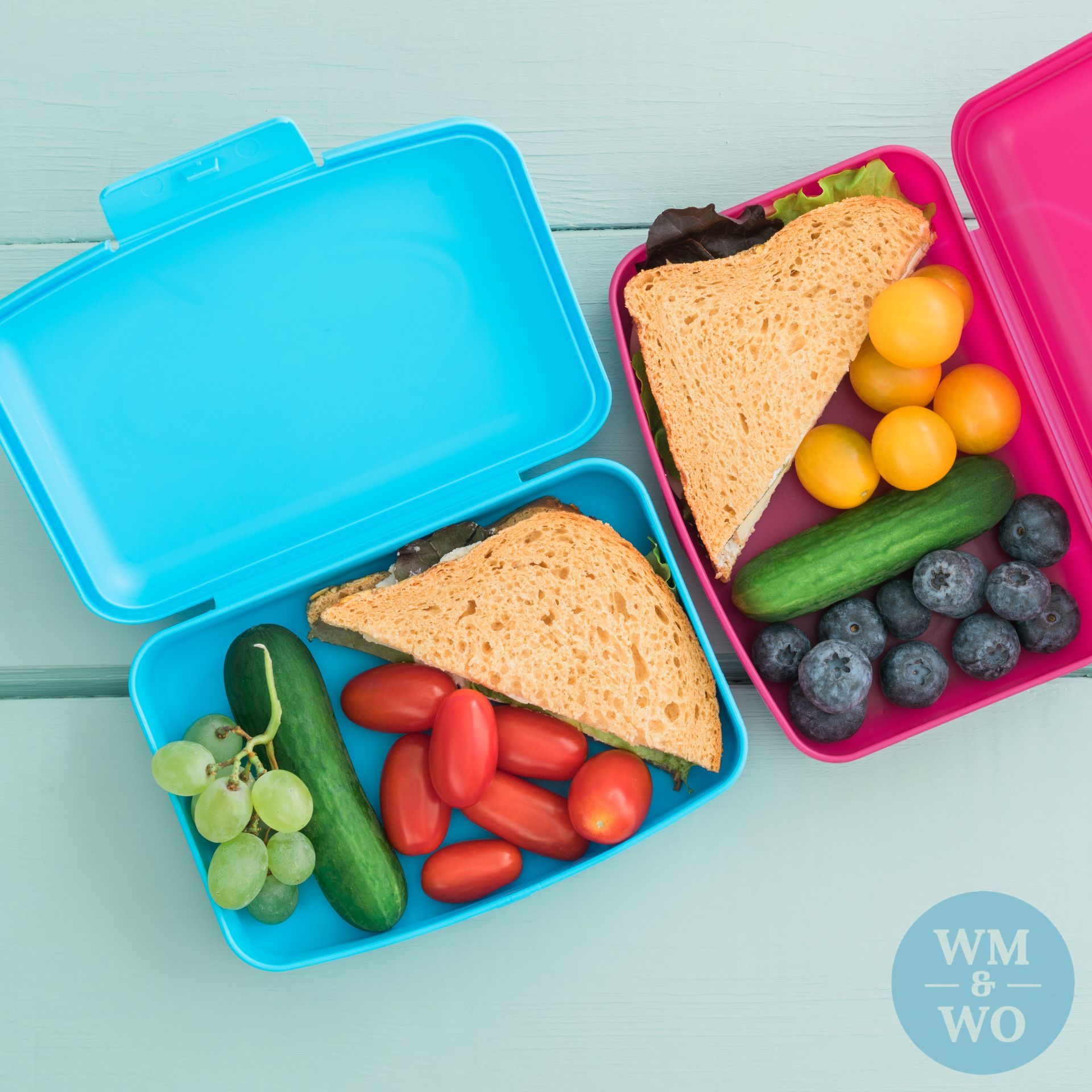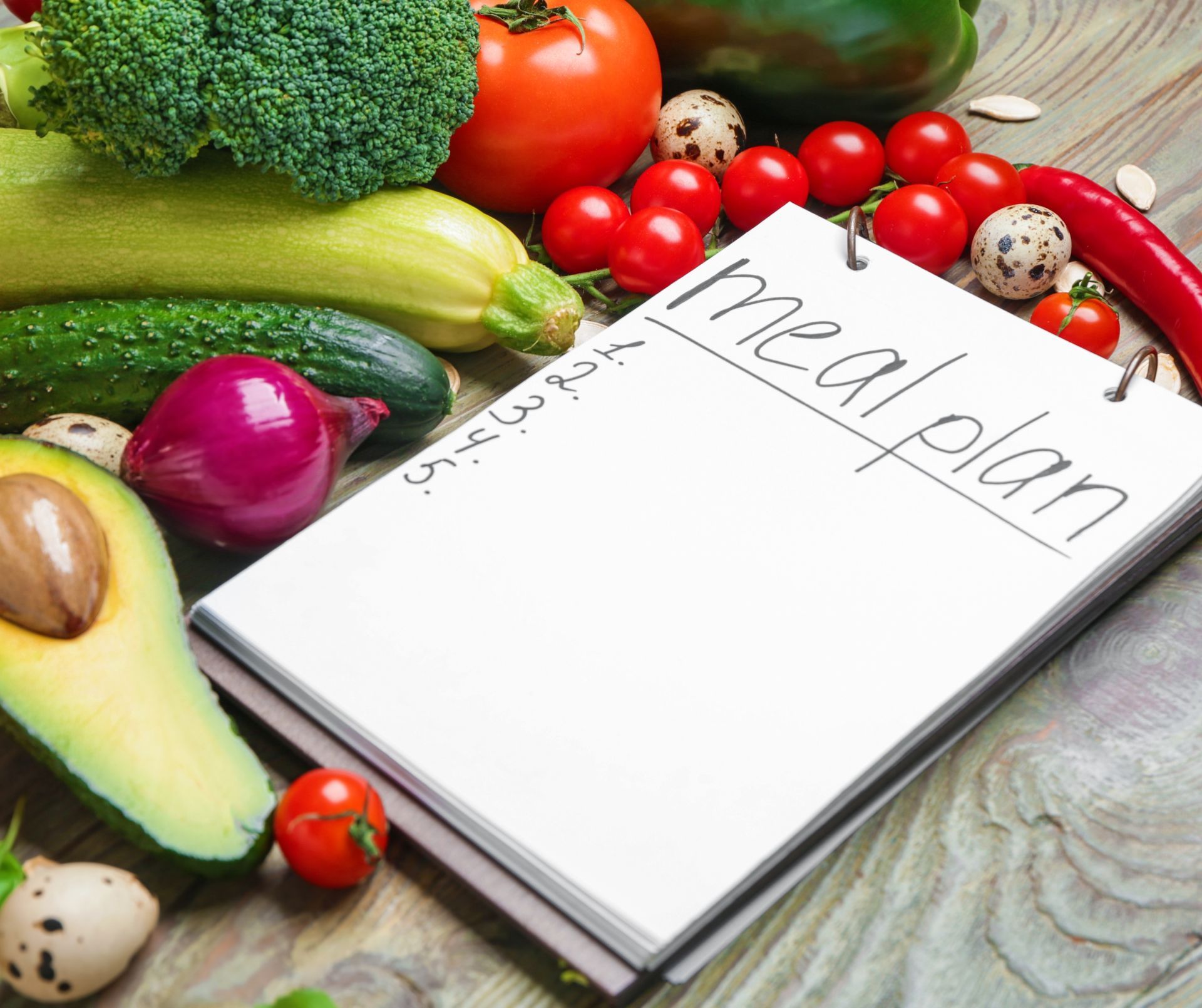Avoiding Weight Gain During the Holiday Season
The holidays are a time when family and friends gather to enjoy each other’s company — and eat! Indulgent meals, bountiful buffets, cookie swaps, holiday parties… it’s no surprise that maintaining a healthy weight can present even more challenges during the holidays than throughout the rest of the year. Studies show that the average adult in Western societies gains about one pound per year, and most of that weight is gained over the holiday season.
One pound may not seem like a lot, but over 10 years, that’s 10 pounds! That said, holiday weight gain is not inevitable.
Here are 6 tips to help you avoid weight gain during the holiday season:
1. Snack Wisely
During the holiday season, unhealthy snacks like cookies and other goodies tend to be readily available, and when treats are easy to access, we’re more likely to snack unnecessarily. At home, this problem can be solved by keeping treats out of the house. If you do need to bring the snacks home, keep them out of sight.
Obviously, snacking is more difficult to avoid in situations that you cannot control, such as at your workplace or a family party. In these situations, try to be mindful of your snacking habits. If you find yourself munching just because there’s food around- and not because you’re hungry- it’s best to avoid snacking altogether.
However, if you are hungry and need a snack, opt for real foods. Fruits, vegetables, nuts, and seeds are filling snacks that don’t contain added sugars or unhealthy fats- both of which can lead to weight gain.
2. Practice Mindful Eating
We are often in a rush during the holiday season, which frequently leads to multitasking during meals. Studies show that those who eat while distracted are more likely to overeat. This is because we’re unable to pay attention to our body’s fullness signals.
To prevent this, try to plan your schedule ahead of time so that you can eat meals about the same time every day. Scheduled meals at home will allow for normal portion sizes and reduce the chances of being really hungry and overeating. Using a slightly smaller plate can also help to reduce portion sizes. In addition, you may consider packing a lunch or nutritious snack when you are out to avoid hunger.
Practice eating mindfully and minimize distractions - including work and electronics. Try to chew slowly and thoroughly, which will allow you to better recognize your body’s fullness signals and consume fewer calories.
It may also be helpful to take a few deep breaths before you start eating. This can induce relaxation and help you keep your full attention on your plate and enjoyment of the meal, rather than your to-do list.
3. Control Your Stress Level
Keeping up with the demands of the holidays can be stressful, and stressed individuals commonly have high levels of cortisol, a hormone that’s released in response to stress and is associated with weight gain.
Additionally, a stressful lifestyle may cause more cravings for junk food.
For these reasons, it’s important to keep stress levels under control in general - but especially during the holidays, when you might be busy and surrounded by unhealthy foods.
Plenty of techniques can help you reduce stress. Some options include exercise, meditation, yoga, deep breathing, and getting plenty of sleep.
4. Focus on Fiber
If you are my patient, you know that I am a stickler when it comes to fiber. Why? Because fiber is an important nutrient that induces fullness and can reduce total calorie intake, which can help prevent weight gain over the holidays
Unfortunately, many common holiday foods lack adequate amounts of fiber. Do your best to eat fiber-rich foods, such as vegetables, fruits, legumes, whole grains, nuts, and seeds while decreasing processed foods in your diet. Studies show that increasing the intake of non-starchy vegetables by a ½ cup a day over what one normally eats can help with weight maintenance.
5. Bring a Healthy Dish to Share
It can be easy to overeat- or focus on fattening, high-calorie foods- at holiday parties.
One simple trick to having more control at gatherings is to bring your own healthy dish to share. In this way, you can guarantee you’ll have something to eat that aligns with your weight goals.
Once you arrive at the party, focus on your favorites and ditch the rest, including sugary beverages and alcohol. Another trick is to savor the desserts you do indulge in, simply taking the time to eat them slowly- which may leave you feeling more satisfied and less likely to overdo it.
6. Self-Monitoring and the Buddy System
Stepping on the scale regularly during the holidays can remind you of your weight goals, allowing you to take action before significant weight gain sets in.
Studies suggest that adults who weigh themselves regularly maintain or lose weight better than those who don’t weigh themselves. (For various reasons, I do not recommend weighing children or teens unless supervised by a medical expert).
Find a routine that works best for you. Some find it beneficial to check their weight daily, while others prefer once or twice a week.
In addition, many people report success with their weight goals when they have a partner to pursue them with. Try to find a health buddy who has similar weight goals, as this person can keep you motivated and accountable over the holidays.
Reach out to friends, family, and colleagues to connect with someone who would make a good fit.
The bottom Line
While staying on top of your weight goals can feel daunting during the holiday season, multiple tips and tricks can help keep you healthy and weight-conscious during this time of year.
Beyond these general tips, it’s best to make sure you’re getting plenty of exercise and and limiting your intake of holiday treats.
If you’re diligent, you may be pleasantly surprised that you’ve prevented weight gain during this celebratory season.











